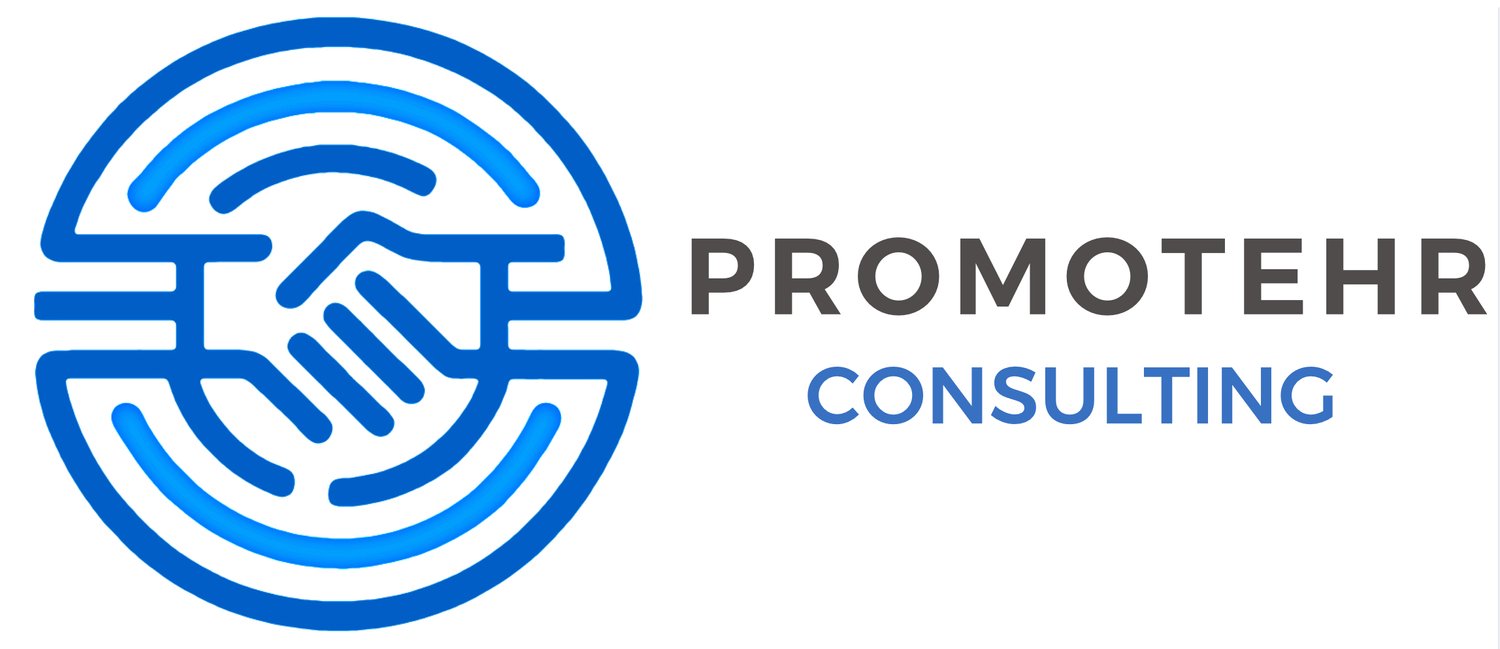AI in Criminal Justice: A Double-Edged Sword
The criminal justice system is embracing artificial intelligence, with algorithms promising to enhance efficiency and fairness. These AI tools are being used to predict recidivism, allocate police resources, and assist in sentencing decisions. However, this technological advancement comes with significant ethical concerns.
Algorithms offer data-driven insights that can streamline processes and reduce human error. Yet, if not carefully managed, they risk perpetuating existing biases, raising questions about fairness and transparency. For instance, studies have shown that algorithms can be up to 45% more likely to falsely label African American defendants as future criminals compared to their white counterparts.
“AI has the potential to transform the criminal justice system, but we must be vigilant about its application,” says Julia Angwin, co-founder of The Markup. This caution is echoed by many experts who emphasize the need for stringent oversight to ensure that AI serves justice equitably.
The impact of these technologies is profound. Decisions influenced by AI directly affect people's lives and freedoms, making the stakes incredibly high. Balancing innovation with ethics is crucial as we integrate AI into criminal justice.
While AI holds great promise for the criminal justice system, ensuring it is used fairly and ethically remains a significant challenge. Thoughtful oversight and continuous evaluation are essential to prevent the reinforcement of biases and to truly enhance justice.
For more details, check out the full article here:(https://www.technologyreview.com/2019/01/21/137783/algorithms-criminal-justice-ai/).

